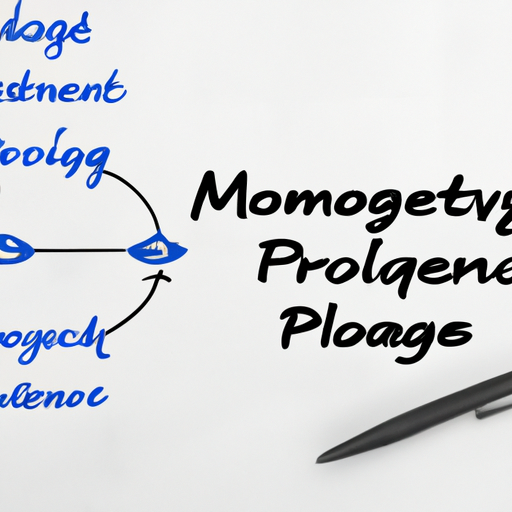Efficient Project Management Strategies

Efficient Project Management Strategies
Today’s fast-paced, technology-driven business environment necessitates efficient project management. Irrespective of whether you run a multinational corporation or a small start-up company, it is essential to have robust strategies in place to manage projects effectively. Fortunately, there are various management strategies that can be implemented to improve efficiency, productivity and ensure a higher rate of success. Let’s dive in and explore these strategies.
1. Adopt Agile Project Management
Agile project management allows teams to break large projects into smaller, manageable tasks, which are completed in smaller sprints or cycles. This approach is beneficial because it provides flexibility, and any changes or problems can be addressed immediately during the process, not after everything has been completed.
2. Project Prioritization
An effective strategy for achieving efficiency in project management is to prioritize projects based on their impact and alignment with your business goals. One way to do this is by employing the 80/20 rule, also known as the Pareto Principle. This rule suggests that 80% of results come from 20% of causes. Apply this rule to your projects and focus on the 20% of tasks that will yield 80% of the results.
3. Utilize Project Management Tools
Various project management tools are available in the digital market. These tools allow team members to collaborate effectively, stay organized, track their progress, and complete their tasks more efficiently. Asana, Trello, and Jira are some examples of project management tools that offer features like task assignment, progress tracking, and collaborative features.
4. Plan Resources Carefully
Effective project management necessitates on-spot resource planning. Anticipate potential risks and prepare contingency plans. Monitor and adjust as the project progresses to avoid last-minute hustles. It is also important to manage human resources well. Allocate tasks according to your team members’ strengths and skills to get the job done efficiently.
5. Clear Communication
Clear communication is at the heart of every successful project. Efficient project managers encourage transparent, open, and continuous communication within their teams. Ensuring everybody has all the information they need at the right time helps to prevent misunderstandings, missed deadlines, and project failures.
6. Regular Monitoring and Reviewing
Regular monitoring and reviewing should be integral parts of your efficient project management strategy. They give you an overview of the progress of the project and provide insights into potential issues earlier. This information can be used to make timely decisions, rectify problems, and prevent issues in the future.
7. Quality Control
Maintaining high-quality standards is an essential strategy for efficient project management. Quality control measures not only offer a check on the final product but also the processes and functions leading to it. Adopting a stringent quality control system ensures tasks are executed accurately and professionally, preserving the quality of your project.
8. Continuous Learning
For a project manager, learning never stops. Keeping up with industry trends, new techniques, and technology helps to improve processes, making them more efficient. Regular training sessions for your team can also help improve skills, promote creativity, and stimulate innovation.
Efficient project management does not happen overnight and is not achieved through luck. It requires careful planning, consistent efforts, and the persistent pursuit of improvement and learning. Implementing these efficient project management strategies will help you to improve your team’s productivity, achieve your goals, and enhance your company’s growth and success.
* The post is written by AI and may contain inaccuracies.




